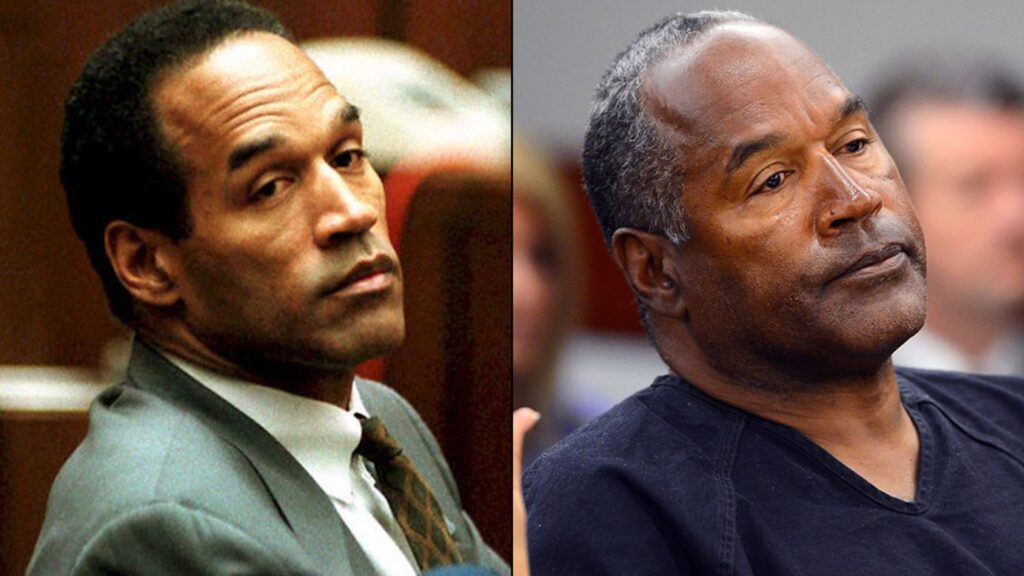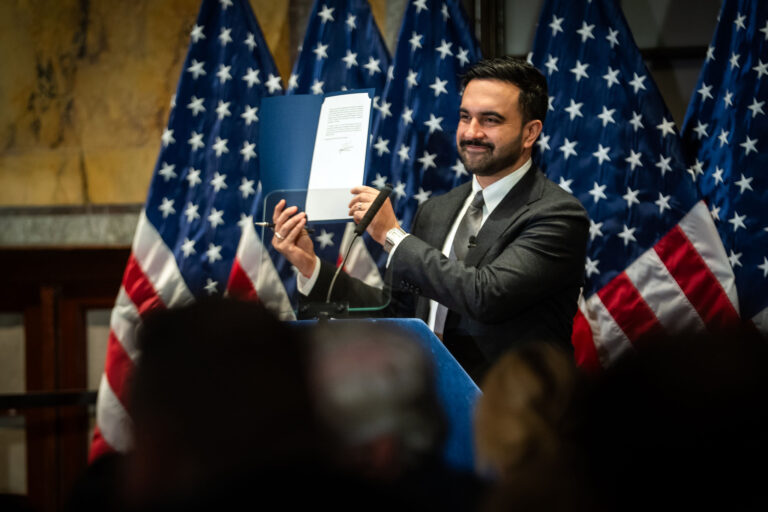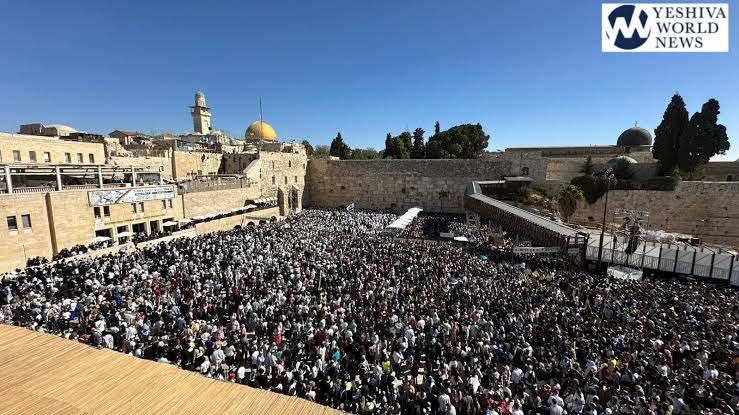by Chaim Weber
Perhaps the most famous murder trial in American history was the trial of former National Football League running back O.J. Simpson.
Though he was acquitted on criminal charges for the murder of his ex-wife and her friend, a 2016 survey found that the vast majority of Americans believed him to be guilty.
What if Mr. Simpson was indeed guilty but preemptively admitted to his crime in beis din? Would there be an exemption for preemptively admitting the crime?
The Rule of Modeh B’knas Pattur – How Far Does it Go?
There is a halacha that if one admits to a financial penalty (modeh b’knas), he is exempt.
The Gemara in Bava Kamma (75a) brings two sources for this halacha.
One is from the verse “asher yarshiun elokim – that the judges found him guilty.” This excludes one who incriminates himself.
A second source is from the verse regarding a thief paying the fine of keifel (double payment). There, the Torah repeats the phrase “himatzei timatzei.” The repetition tells us that a thief can be incriminated by witnesses (himatzei) or judges (timatzei) but not by one’s own admission.
The amoraim Rav and Shmuel debate why two verses are needed.
Rav holds one verse comes to exempt an ordinary modeh b’knas. The second verse exempts a modeh b’knas even where witnesses come after the admission to incriminate the guilty party. Even though witnesses are now testifying that the defendant is guilty, his preemptive admission exempts him.
Shmuel argues. He holds a preemptive admission will not exempt a defendant from knas if witnesses later come.
The reason why the Torah has two verses according to Shmuel is for an entirely different reason:
One verse exempts an ordinary thief who admits and the second exempts a watchman who steals an item entrusted to his care but then admits to it. By both cases, we need a dedicated verse telling us that a modeh b’knas is exempt.
Now, let’s discuss the application of all this to dinei nefashos (offenses with capital punishment).
By dinei nefashos, a defendant is never liable unless there are two witnesses against him. That said, what if a defendant admits to a crime that has capital punishment, like murder, and witnesses come afterwards to incriminate the defendant? Can the defendant’s preemptive admission exempt him punishment?
According to Shmuel, this is a non-starter, as preemptive admission doesn’t exempt a defendant when witnesses subsequently come, even by cases of knas.
However, we pasken like Rav that preemptive admission can exempt the defendant even when witnesses subsequently come. According to Rav, would that exemption also apply to dinei nefashos or is it limited to cases of knas?
Rashi (Makkos 5a) appears to say that the exemption does apply to dinei nefashos.
Similarly, Rashi in Zevachim (71a) says that if one admits in beis din that their ox gored and killed, that ox is exempt from stoning. Tosfos there notes that Rashi is based on the Rashi in Maseches Makkos that modeh b’knas pattur applies to dinei nefashos.
Tosfos argues, pointing out that we don’t find this exemption anywhere. Furthermore, Tosfos wonders that if this exemption truly applies also to dinei nefashos, any guilty party can preemptively admit to their crime in beis din simply to avoid punishment.
The Maharatz Chayes defends Rashi, noting that if a guilty party really wanted to avoid punishment, there are numerous other ways to avoid punishment, including the perpetrator not accepting the warning of the witnesses before committing the sin.
The Case of the Flip-Flopper
One unique case of a modeh b’knas relates to a thief who steals an ox or a sheep and then sells or slaughters it.
In this case, there’s a knas that the thief pays four times the value of an ox and five times the value of the sheep. What’s unique about this case is that there’s a two step process: Firstly, the thief needs to steal. Secondly, the thief needs to sell or slaughter the stolen item.
The Gemara says that according to Rav, if a thief initially claimed that he never stole but then witnesses testified that he stole, that thief cannot exempt himself by preemptively admitting in beis din that he sold or slaughtered it in case witnesses subsequently come. Why?
The exemption of modeh b’knas pattur only exists when the admittance made the guilty party liable for something. For example, if one admits to stealing, the thief has to repay the owner but is exempted from paying double like an ordinary thief due to his admission. Thus, even with the exemption from paying double, the admission still forced the thief to repay the owner.
However, if the thief only admitted to selling or slaughtering, his admission didn’t obligate him to pay anything – such an admission wouldn’t exempt him when witnesses subsequently come.
The acharonim ask on Rashi from this Gemara that we see that modeh b’knas pattur only applies when a person’s admission causes him to be liable in some way! However, by dinei nefashos, one will never be liable through his own admission, as only witnesses are powerful enough to be acted upon. If so, how can Rashi apply modeh b’knas pattur to cases of capital punishment?
Rav Shmuel Rozovsky zt”l answers that Rashi holds like the Maharshal.
The Maharshal writes (Yam Shel Shlomo Bava Kamma 7:27) that the only reason why admitting to selling or slaughtering doesn’t exempt the thief is because the thief flip-flopped. He changed from his initial claim that he didn’t steal at all.
However, if from the outset, one never denied stealing and merely admitted to afterwards selling or slaughtering the animal, his admission would exempt him according to Rav. Thus, according to the Maharshal, Rav’s exemption can apply to dinei nefashos.
The Aruch Laner answers that Rashi in Makkos is coming to explain the opinion of Rava. Rava himself disagrees with the Gemara in Bava Kamma and holds that a modeh b’knas is exempt even if the admission did not cause the thief to be liable for anything. Therefore, Rava can then hold that modeh b’knas pattur applies by dinei nefashos.
The Bottom Line
The bottom line is that the question of whether a preemptive admission is an exemption by dinei nefashos appears to be a debate between Rashi and Tosfos in Makkos.
According to Rashi, there is an exemption. According to Tosfos, there isn’t.
This week’s article is dedicated as a zechus for a refuah sheleima for R’ Moshe Shmuel Ben Sarah Bastzion, a dedicated and caring mechanech and camp director who has touched the lives of thousands, including this author.












One Response
Since O.J. Simpson is not Jewish, the Chinuch says explicitly in both Mitzvah 26 and 192 that he would be killed based on his own admission.